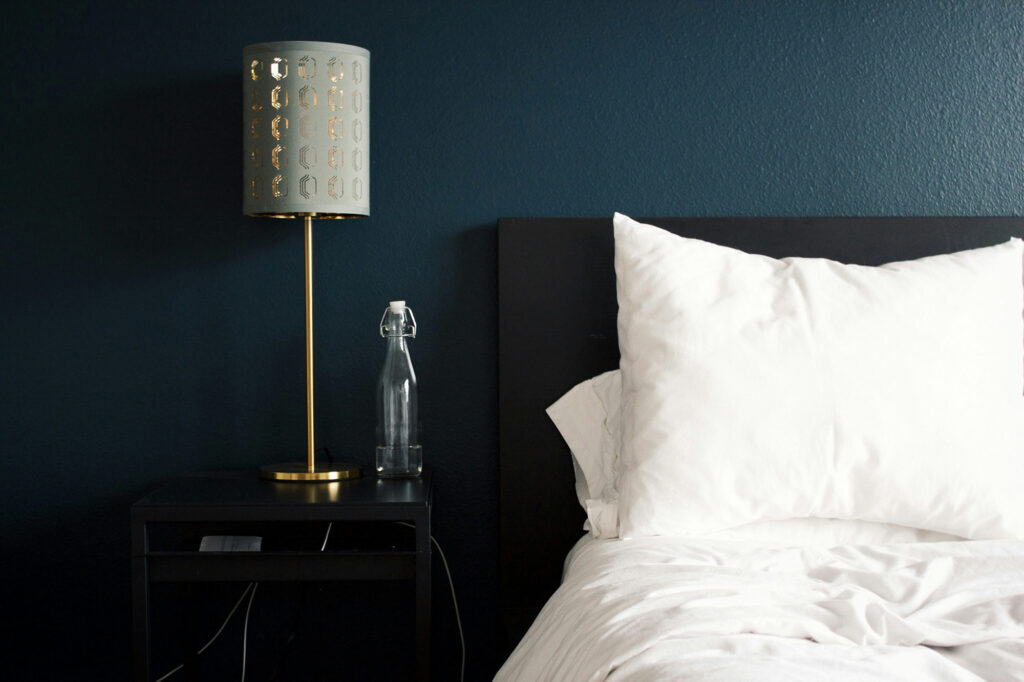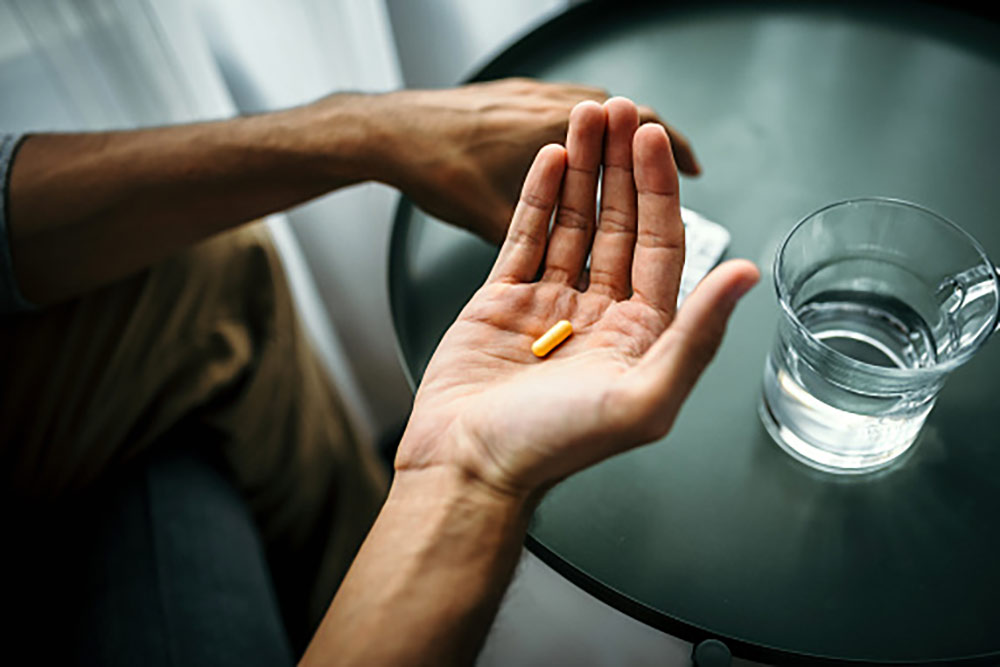Depression can feel like an insurmountable obstacle. While professional treatment is often necessary, you can also take proactive steps to improve your mental health and well-being.
By incorporating evidence-based lifestyle changes and coping strategies in your routine, you may find relief from depressive symptoms and regain a sense of control. Here are practical, non-pharmaceutical approaches that have been shown to help alleviate depression.
Whether you’re looking to supplement existing treatment or seeking alternatives, these strategies can empower you to take charge of your mental health journey.
Implementing positive lifestyle changes can significantly impact your mental health and alleviate symptoms of depression. Adopting these evidence-based strategies can create a foundation for improved well-being and resilience.

Prioritize Physical Activity
Regular exercise is a powerful tool in combating depression. Aim for at least 30 minutes of physical activity most days of the week. Exercise releases endorphins, natural mood boosters that can help alleviate depressive symptoms and increase overall well-being. These can include:
- Brisk walking
- Cycling
- Swimming
- Yoga or Pilates
Establish Healthy Sleep Habits
One of the most crucial aspects of managing depression is maintaining a regular sleep pattern. This consistency helps regulate your body’s internal clock, improving both the quality and quantity of your sleep.
- Stick to a consistent sleep schedule
- Limit screen time before bed
- Ensuring your sleeping environment is cool, dark and quiet.
Even small amounts of movement can make a difference, so start where you’re comfortable and gradually increase your activity level.
Aim for 7-9 hours of quality sleep each night to support your body’s natural healing processes.


Nourish Your Body with a Balanced Diet
The food you eat can significantly impact your mood and energy levels. Focus on consuming a nutrient-rich diet that includes:
- Whole grains
- Lean proteins
- Fruits and vegetables
- Omega-3 fatty acids
Cultivate Meaningful Social Connections
Isolation can worsen depression, so make an effort to nurture your relationships and build a strong support network. Contact friends and family, join social groups or clubs, or consider volunteering. Engaging in meaningful social interactions can provide emotional support and a sense of belonging, which are crucial for mental well-being.
Practice Mindfulness and Stress Reduction Techniques
Incorporating mindfulness and stress-reduction practices into your daily routine can help manage depressive symptoms. Consider trying:
- Meditation
- Deep breathing exercises
- Progressive muscle relaxation
- Journaling
Practice Mindfulness and Stress Reduction Techniques
Incorporating mindfulness and stress-reduction practices into your daily routine can help manage depressive symptoms. Consider trying:
- Meditation
- Deep breathing exercises
- Progressive muscle relaxation
- Journaling

Coping Strategies to Manage Depression Day-to-Day
Managing depression daily can be challenging, but implementing effective coping strategies can significantly improve your quality of life. Here are some practical techniques you can incorporate into your routine to help alleviate symptoms and promote emotional well-being.

Practice Mindfulness and Meditation
Mindfulness techniques can help reduce rumination on negative thoughts. Set aside time each day for meditation or mindfulness exercises. This could involve guided meditations, deep breathing exercises, or simply focusing on your senses and surroundings. Regular practice can help you develop a more balanced perspective and improve your ability to cope with challenging emotions.
Maintain Social Connections
While depression may make you want to isolate yourself, maintaining social connections is crucial for your mental health. Make an effort to stay in touch with friends and family, even if it’s just through brief phone calls or text messages. Consider joining support groups or engaging in community activities that align with your interests. Social interaction can provide emotional support, reduce feelings of loneliness, and offer fresh perspectives on your challenges.
Implement a Structured Daily Routine
Creating and following a structured daily routine can provide a sense of purpose and stability. Start by setting small, achievable daily goals, such as making your bed, preparing a healthy meal, or completing a work task. Be sure to include activities you enjoy in your routine, as they can serve as natural mood elevators.





